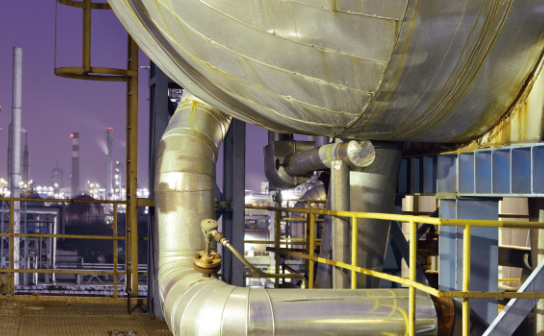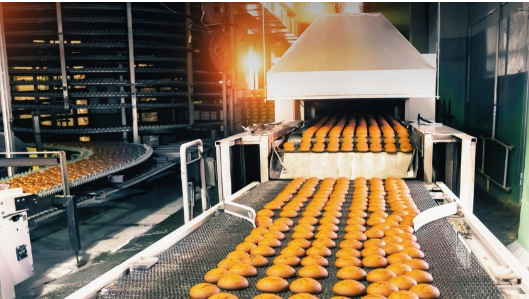Pneumatic conveying systems have revolutionised material handling and are vital across diverse applications in modern industry, providing numerous benefits from boosting efficiency to safeguarding product integrity.
Efficiency and Versatility
According to the Chemical Engineer one of the primary advantages of pneumatic conveying systems lies in their efficiency and versatility. Unlike traditional mechanical conveyors, pneumatic systems can transport a wide range of materials, from powders to granules, with ease. This versatility streamlines operations, reduces equipment costs and facilitates seamless handling of diverse materials.
Hygiene and Product
In industries such as food processing and pharmaceuticals, maintaining hygiene and product integrity is paramount. Pneumatic conveying systems excel in this aspect due to their enclosed design which prevents contamination and ensures hygienic material handling. This advantage not only meets regulatory standards but also safeguards product quality and safety.
Precision and Control
Another notable advantage of pneumatic conveying systems is their precise control over material flow and velocity. This level of control enables accurate dosing, blending and distribution of materials, essential for industries requiring consistent product quality and formulation.
For those who are interested in learning more about the advantages of pneumatic conveying systems and their applications, contact a specialist such as https://www.aptech.uk.com/pneumatic-conveying-systems.
Safety and Environmental Friendliness
Pneumatic conveying systems offer inherent safety benefits compared to traditional conveying methods. By eliminating moving parts and manual handling, these systems reduce the risk of accidents and injuries in the workplace. Furthermore, pneumatic systems produce minimal dust and emissions during operation, aligning with sustainability goals and environmental regulations.
Image credit
In conclusion, pneumatic conveying systems stand out as indispensable tools for modern industrial processes, offering advantages such as efficiency, hygiene, precision and safety. By leveraging these benefits, industries can optimise their material handling operations and achieve greater productivity and sustainability.


